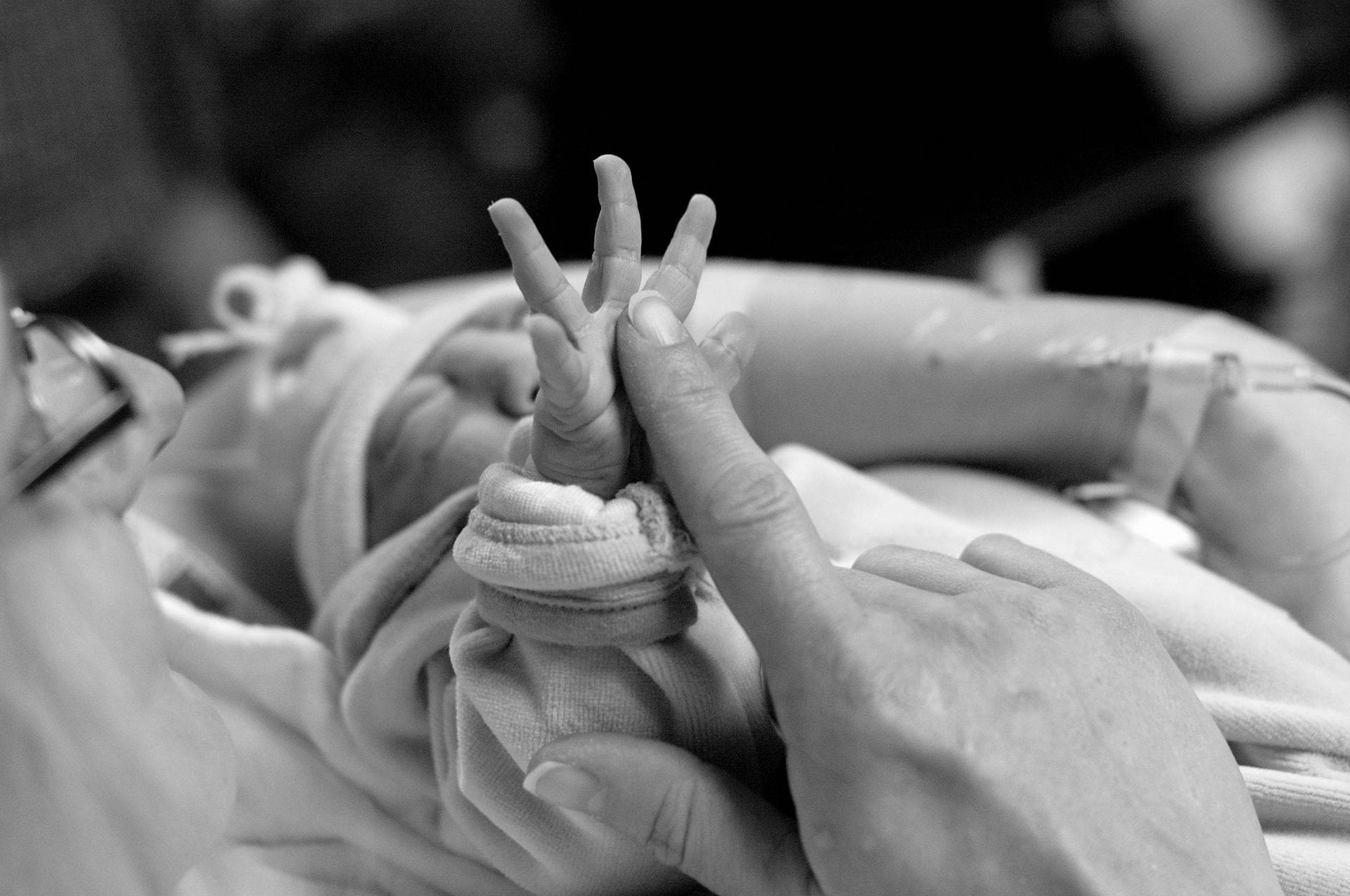Catholics hoping for change in how the Church talks about gays and lesbians reacted with disappointment after a tumultuous week in Rome that saw new language in how the Church addressed those in same-sex relationships, revisions of that language, and finally, a lack of consensus as to how the Church should — or shouldn’t — welcome gay Catholics.
Many gay rights advocates interpreted the news that fewer than two-thirds of bishops present at the synod on the family voted to include a paragraph about providing pastoral care for gay and lesbian Catholics as a step back for their cause. That threshold generally is used to determine if specific items have broad support from bishops.
But the story isn’t over yet, they say, and they are hopeful that a more welcoming tone might return before next October’s continuation of the synod in Rome.
The “synod revealed that there are some strong voices for LGBT equality and for change in Church teaching, something which was not known clearly before the meeting,” Francis DeBernardo, director of the pro-gay Catholic group New Ways Ministry, said in a statement. “Now that these voices have been bold enough to speak, more bishops who think like them will surely follow their example.”
Deb Word, who runs an organization representing Catholic parents of LGBT children, agreed. “The conversation that began at the Synod on the Family isn’t over — in fact it’s just beginning.” In a statement, she said pro-gay Catholic groups “will keep reaching out to the bishops to offer suggestions about how the Catholic Church can better minister to Catholic families like mine.”
A draft version of the synod’s report — called the relatio — was released Oct. 15 and said that gays have “gifts and qualities to offer the Christian community.” It asked, “Are our communities capable of proving that, accepting and valuing their sexual orientation, without compromising Catholic doctrine on the family and matrimony?”
But conservative bishops expressed concern, and a stripped-down version of the paragraph was presented for consideration in the final document.
Cardinal Raymond Burke, an American who is head of the Vatican’s supreme court, said that a few European cardinals were responsible for the confusion over the language.
“It is a blow to those who wrote the material which did not reflect the Church’s teaching regarding the homosexual condition and homosexual acts, which implied that the Church wants now to relax its perennial teaching, and which tried to introduce material regarding so-called ‘same-sex unions’ into the discussion of Christian marriage,” he told the Catholic World Report.
Some Catholics expressed disappointment at the change in tone.
Writing at America magazine, the Rev. James Martin, SJ, said, “Now the synod speaks of ‘Pastoral Care of the Homosexual Person.’ That is quite different. (Would you rather be welcomed or cared for?) Moreover, there is no mention of any ‘gifts or qualities’ at all.”
Although a majority of bishops voted for that paragraph, it fell six votes shy of the two-thirds mark. Some bishops attributed the vote to the paragraph’s omission of welcoming language.
“Why did some Bishops choose not to approve a text which only repeated the Church’s received teaching?” asked Archbishop Paul-Andre Durocher, president of the Canadian Conference of Catholic Bishops, in a blog post Saturday. “I have the impression many would have preferred a more open, positive language. Not finding it in this paragraph, they might have chosen to indicate their disapproval of it.”
The Rev. Michael Duffy, writing at Patheos, raised an eyebrow, and said he expected further conversation, too.
“That is quite different than voting against it because you disagree with it, isn’t it? I’m sure this will be clarified as more synod fathers speak about their experiences, and needless to say, there will be a lot of ink spilled over these words,” he wrote.
Cardinal Vincent Nichols, archbishop of Westminster in England, told the BBC he was disappointed the revised language failed to include “respect,” “value,” and “welcome.”
“I was looking for those words and they weren’t there and so I didn’t think that was a good paragraph,” he said.
The host of the BBC Radio 4 Sunday asked Nichols if he expected the next debate to include language closer to the draft report.
“I would hope so, and I would expect a similar level of honest, open, pensive, and very, very charitable exchange of views in order to discern a way forward,” he said.
But some Catholics say over the next year, the Church must resist adapting its teachings to changing norms.
Carson Holloway wrote at CatholicVote.org that Catholic progressives are “organized around the following thought: the Church should adapt its teaching to suit the times. But why should it? It seems to me that from any legitimate point of view it would make no sense for the Church to do this.”
Martin, at America, wrote that bishops talking about gay Catholics in itself was a marked change, and hoped the synod is a launching pad for more dialogue.
“[T]he topic of LGBT Catholics is now part of the discussion, and by insisting that those paragraphs were retained (even though they were not approved) Pope Francis is keeping them on the table,” he wrote.
And given what many see as the pope’s determination to focus on mercy, Martin believes the pope’s decision to include the rejected paragraphs (including others on Communion for divorced and remarried Catholics), shows the story is still developing.
He wrote, “But in the end one person makes the decisions, and in this case it’s the Pope. At one point during his concluding speech to the bishops he said, playfully, ‘I am here and I’m the pope!’ ”















